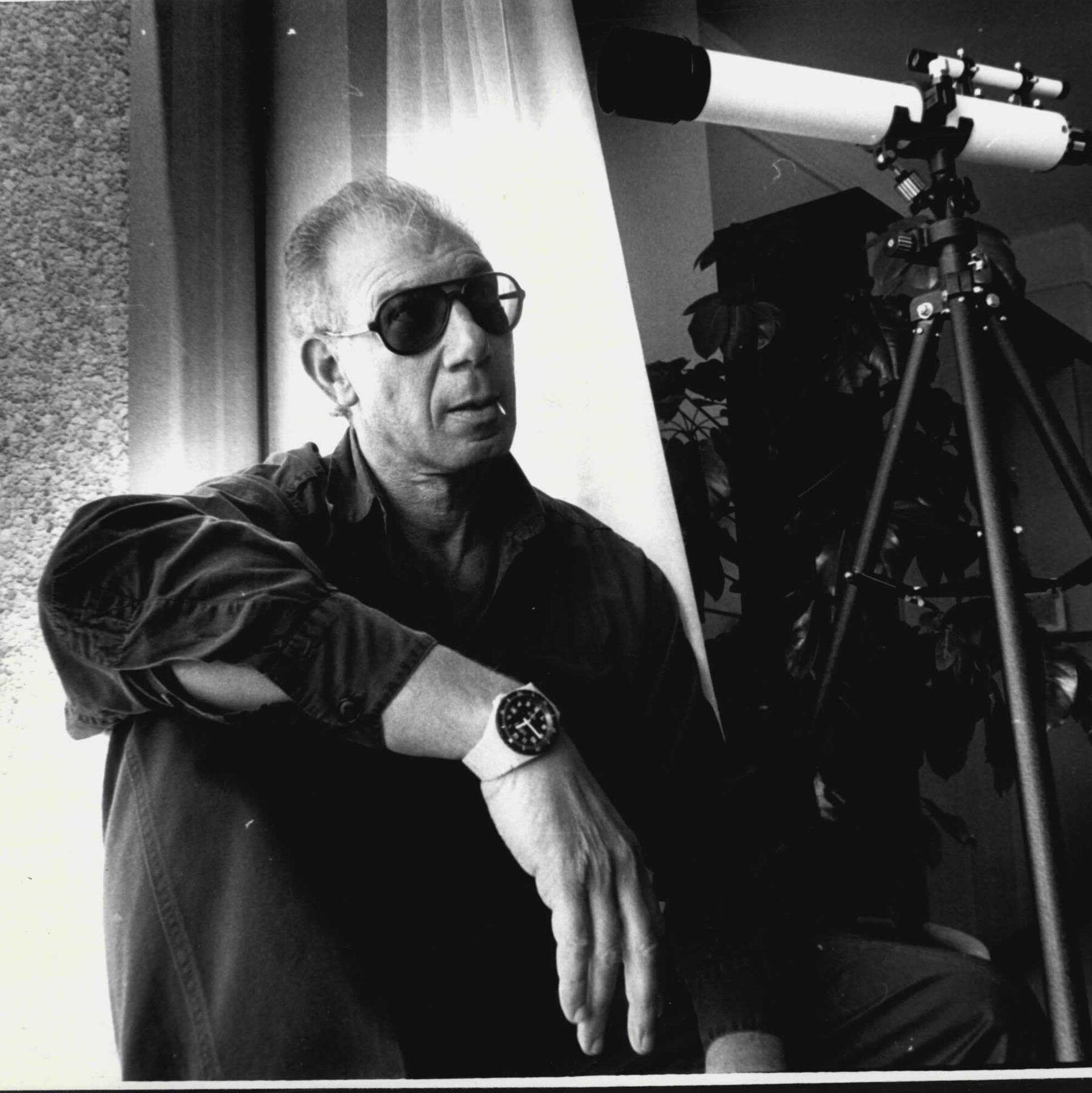
Bob Rafelson was passionate about Aspen, and filmmaking
July 28, 2022

Bob Rafelson is best known as a boundary-breaking filmmaker who helped kickstart Jack Nicholson’s acting career.
The two had met at a film screening and then co-wrote the 1968 satirical, adventure film “Head,” featuring the pop-rock group The Monkees.
In a conversation with Bob Braudis at the Wheeler Opera House in 2019, Rafelson said that that is when he realized that Nicholson belonged in front of the camera.
“He was a phenomenal actor,” Rafelson said. “And I said, ‘The next movie you’re going to star in.’ So I would say that Jack has been a partner in every sense. … He was a smart guy and a good guy.”
That was years after Rafelson began calling Aspen his home.
And according to Andrew Travers, former arts and culture editor at The Aspen Times, this is where Rafelson first met his close friend Hunter S. Thompson.
“And the story he told was that around that time, he found himself in a volleyball game with Hunter S. Thompson, the great gonzo journalist who would go on to become the author of ‘Fear and Loathing in Las Vegas’ and the freak power campaign here,” Travers said. “Those were all relationships that lasted for the rest of their lives.”
Travers said Rafelson first visited Aspen in 1963 when he scammed his way into a conference at the Aspen Institute.
In an article that Travers wrote in 2019, he said Rafelson continued to rent places in Aspen while he worked in Los Angeles and traveled the world.
Looking back on their conversation, Travers remembers Rafelson’s love of Aspen and its wilderness.
“The Castle Creek valley was one of the great loves of his life,” Travers said. “You know, he had been there for decades, had shown up at county commissioner meetings and that kind of thing, any time there was any kind of a development there as recently as just a few years ago.”
After he finished production on “Easy Rider,” Rafelson continued to work with Nicholson on six other movies, including “Five Easy Pieces,” which was nominated for best picture at the Academy Awards in 1971.
During this time, Rafelson also co-created “The Monkees,” a sitcom centered on the popular band and that aired for two years in the late 1960s.
The show won two Emmys and incorporated a variety of new-wave film techniques.
Although these projects earned Rafelson his place in film history, “Mountains of the Moon,” one of his lesser-known works, was closer to his heart.
When Aspen Film gave him a lifetime achievement award in 2019, Rafelson asked to screen this film rather than his more-popular titles.
It exemplified his interest in exploring new cultures.
At the Wheeler with Braudis, Rafelson described his itch to travel.
“I’ll tell you, I would travel alone many times,” Rafelson said. “Sometimes I go to the airport, not knowing where I’m going, with a satchel on my back, look up and say, ‘Oh, hey, I’ve never been there,’ and just glide with no preparation, not knowing I would stay for seven months.”
Susan Wrubel, executive director and artistic director of Aspen Film, said Rafelson referred to “Mountains of the Moon” as not only his best film but his most personal one.
“Bob traveled to, you know, the far reaches of the planet,” Wrubel said. “And this film was very indicative of that, and [Rafelson] just felt that this was truly the film that he wanted to make and he wanted people to recognize him for. He wanted to uncover new cultures and experience new things, and he really does this in the film.”
Wrubel added that Rafelson’s legacy in film will extend far beyond the projects that he created.
“The filmmaking landscape is so different now,” Wrubel said. “I think the style of filmmaking that he brought forth in the ’70s, which was a lot more realistic and not so formulaic and also just launching careers of some of the greatest actors of our time.”
Travers added that Rafelson’s contributions to the community were just as great as his contributions to the film industry.
“He was … changing the way that American films were made in the ‘60s,” Travers said. “And yeah, I think he was a remarkable guy to spend time with. And I think we were lucky to have had him here as a neighbor and as a member of the community here for all these decades.”